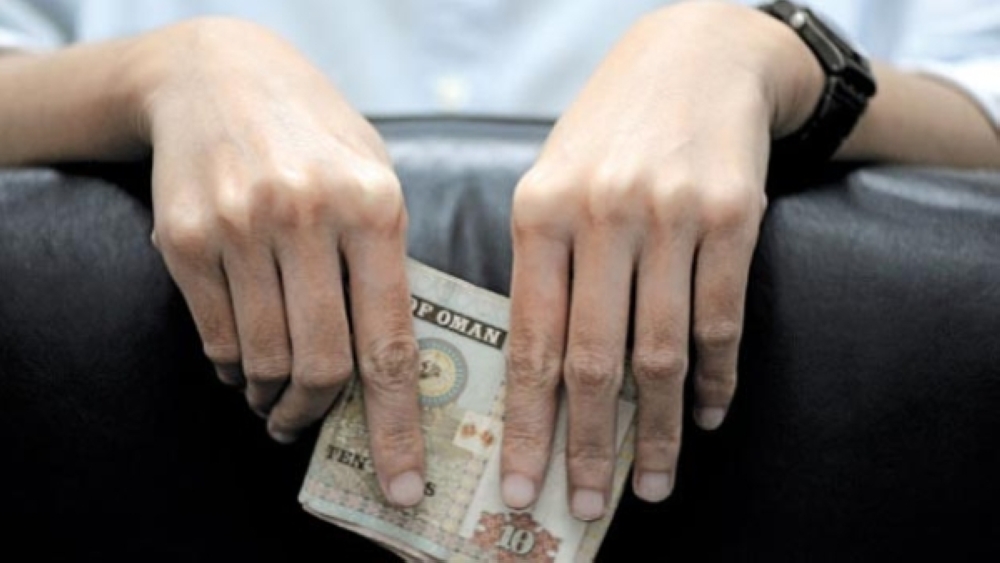
Muscat:The Sultanate could add at least OMR100 million to its coffers from the “sin tax” every year, according to the Head of the Economic and Financial Committee at the Shura Council, Dr. Saleh bin Said Masan.
On Tuesday, the State Council and the Shura Council met to discuss the “sin tax” proposal on unhealthy products such as cigarettes, certain beverages, and energy drinks, specifically the four articles over which the two parties disagreed. After the meeting, Masan said: “The implementation of this law will expand the tax base by providing the public budget with new tax revenue expected to reach OMR100 million per year.”
Regarding the expected effects of the selective tax, Masan said: “The expected effects are positive as the main principles of this legislation are based on the rationalisation of consumption patterns of some goods harmful to the environment and public health.”
He added, “The consumption of the taxed goods will decrease during the first year of implementation of the law by 15-20 per cent, which will improve the public health level.”
In addition, the price of treatment of diseases arising from the consumption of these commodities will therefore decrease.
“The decline in the demand for these commodities will reduce the volume of imports from abroad, and this in itself will lead to an improvement in the trade balance of the Sultanate,” said Masan.
Mustafa Al Lawati, Shura member representing the wilayat of Muttrah, told the Times of Oman that imposing such a tax was critical due to the effect such commodities have on public health and the environment.
“Imposing such a tax is a very important move as these commodities are very harmful to the public. The Omani government pays millions of rials every year to treat those affected by the consumption of alcohol, tobacco, and fizzy and energy drinks,” Al Lawati said. “Consuming alcohol while driving also causes fatal road accidents, deaths, and injuries. That is another factor that costs the country millions for medical treatment. Since January this year, Gulf countries such as Saudi Arabia, the United Arab Emirates, and Bahrain have already started levying 100 per cent tax on tobacco and alcohol, and 50 per cent on energy drinks.”
Dr. Taha Al Lawati, head of the tumour board at Royal Hospital, said, “Commodities such as alcohol, tobacco, fizzy and energy drinks not only cause cancer but also cause diabetes, blood pressure and increase fats. As a result, the Ministry of Health recently formed a committee to study the direct impact of such goods and then referred it to the legislative authorities,” Al Lawati added.
According to Mustafa Al Lawati, the disagreements were only on certain terms in the legislation. As for the joint session, Masan pointed out that there was no discrepancy in the real sense. “There was a consensus on the words between the heads of the economic and legal committees and the secretaries-general of the two councils before attending the joint session.”
“Therefore, this meeting was held as a formality to approve the consensus report of the joint committee of the two councils,” added Masan.